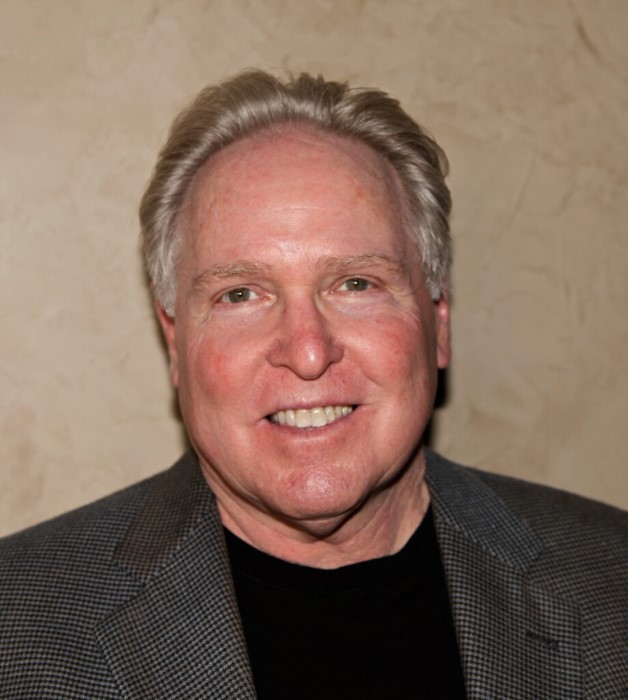 You recently published Raising an Aging Parent: Guidelines for Families in the Second Half of Life
You recently published Raising an Aging Parent: Guidelines for Families in the Second Half of Life. What need did you see that this book could address?
I saw the need to capture all the important conversations that can take place to add to our quality of life, if we, our parents, and siblings are willing to talk about these things — to explore, to share, to find out we’re not alone, and to discuss the changes and challenges we might be going through. There’s also the benefit from peer education, peer support, and gaining a sense of normalcy for what we’re all going through as our parents get older.
The first thing we learn is that we’re not alone. The second thing we find out is that there are people who’ve gone through this and have a lot of good information for us. We can benefit from other people’s experiences, what they’ve learned, and what they know so that we can strengthen our own resolve as well as design our own custom approach while we navigate through midlife. We can turn potential midlife crises into opportunities.
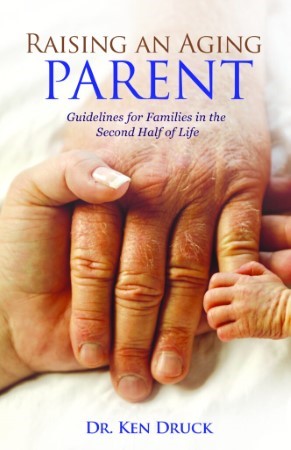
What is the opportunity (or even the responsibility) for adult children experiencing the role reversal of caring for their aging parents?
The responsibility is something that we decide, that grows out of our sense of love, gratitude, service, sacrifice, a need. We either enroll ourselves as part of the solution to address the changes and challenges our parents are going through or we decide we’re not responsible because we lack motivation or inspiration to be a part of it. We might think it’s someone else’s responsibility and say, “Oh, that’s something my sister will take care of,” or harbor so much resentment and say, “That’s not my problem; they didn’t do a damn thing for me and I don’t owe them anything.”
No matter where we land on the spectrum of emotions experienced by adult children, there may still be an opportunity to get involved with our aging parents. It’s really up to each one of us to do what we know in our heart feels like the right thing. We all want to be able to look back and feel proud we responded to what was happening in our parents’ lives. We have to search our heart to think what we can do to be a good son or daughter.
What are a few common friction points between adult children and their aging parents, and your advice for handling them?
The most common friction points, and ways to address them, include:
Defensiveness: There’s nobody in the world who can reduce us to feeling like a 10-year-old like our mother or father. They can make us feel like a child: incompetent, unaware, and even stupid. Please understand parents say or do things that may trigger you and may make you feel like a child again. Do these two things: 1) Do not allow yourself to be triggered back into feelings you had as a child. Outgrow that defensiveness. 2) Politely request your parent not say or do those things that trigger you.
Insults: The second tension point is when we say something that may make parents feel diminished, unseen, disrespected, useless, or irrelevant. Make sure you’re not doing this; instead, include them as much as possible in conversations, decisions, and activity. When giving criticism, tone it down with respect, love, and appreciation. An “I love you; I only want the best for you; and thank you for understanding how I feel” can go a long way.
Triangulation: The third tension point is when we are dragged or seduced into conversations best left for parents and children or between siblings. The drama triangle (victim/persecutor/rescuer) creates family dysfunction, pain, hurt, and estrangement more than anything else. When you find yourself in a triangle conversation, stop and encourage people to deal directly with one another. If you get an invitation from your mother: “I wish you would talk to your sister; she isn’t going to come visit this holiday,” simply tell your mother, “Mom, it sounds like you need to have a conversation with my sister.” Encourage people to deal directly with one another, not through you.

Dr. Ken Druck with his mom, Roslyn Druck
How do adult caregivers balance the needs of their parents with their own self-care?
There are times in all our lives when we needed to learn a new and better skillset for self-care and adjust to spending a lot more energy, time, and money on care for ourselves. Being faced with caregiving for aging parents requires an upgrade in our self-care.
Ask yourself: 1) Exactly how much time, energy and money is this going to cost? 2) Do I pull in a brother, sister, sibling, or cousin? 3) Do I need to hire a caregiver? 4) Is this plan going to take care of the caregiving needs of my aging parent or give me the opportunity to take care of my own family and job and to have a life?
It’s also important to elicit the cooperation of our aging parents when addressing their own caregiving needs.
You write about the possibility of healing old wounds between adult children and their aging parents. But what if those wounds are beyond repair?
The word irreparable needs to be respected. It’s legitimate to genuinely feel like, “You know what? I can’t do this.” There are times in this life we just need to let go.
Even though we’re not going to reconcile with our father, mother, or sibling, we may still need to purge ourselves and constructively express anger, rage, violation, or the betrayal we have held in our bodies and minds for years.
You say your book is not only for adult children but for the aging parents as well. What is the responsibility of the aging parent?
If you are an aging parent who wishes to draw even closer to your adult child, you will find many ways you can express the appreciation, gratitude, and love you might not have fully given. You might even make a few apologies or heal a few wounds. In each chapter of my book, you will find ways to have the kinds of conversations that make for lifetime memories and make for the most intimate, close, caring, meaningful relationships that are possible.
What resources do you recommend for adult children and their aging parents?
I would recommend the Oasis Institute as a great place for lifelong learning where adults can repurpose their knowledge and skills while tutoring students.
AARP is also a wonderful resource. They lead initiatives on so many different levels to improve the quality of life for aging parents or anybody over 50.
There are some great organizations (like the Alzheimer’s Association) who help families understand any kind of dementia illness and how to best care for their loved one and themselves.
Hospice helps adult children and their families who are facing the end of their own lives come to terms with this most difficult part of being a family: the death of a beloved family member.
Finally, senior associations in each community bring together local resources for all. I recommend you check them out.
Connect with Dr. Ken Druck:
Email: info@kendruck.com
Website: http://www.kendruck.com/
Books:
Raising an Aging Parent: Guidelines for Families in the Second Half of Life
Courageous Aging: Your Best Years Ever Reimagined
Social media links:
https://www.facebook.com/DrKenDruck/
https://twitter.com/KenDruck
https://www.instagram.com/drkendruck/

Dr. Ken Druck is an authority on courageous living and author of the new book Raising an Aging Parent: Guidelines for Families in the Second Half of Life. A best-selling author and mental health expert, he has spent four decades helping people grow more courageous, compassionate, and resilient through even the most severe adversity, tragedy, and loss. His pioneering work in psychology over the past 40 years has included Executive Coaching/Consulting, Visionary Leadership, The Psychology of Men, Parent Effectiveness, Healing After Loss, Resilience and, most recently, Courageous Aging
, the title of his previous bestselling book.
Featured regularly in national and international news, including CNN, Huffington Post, The New York Times and The Wall Street Journal, Dr. Druck has shaped our worldview of what it means to live honorably, courageously, purposefully, and fully. He is widely recognized as a lifeline to the countless thousands of individuals, families, communities, and organizations he’s helped. His body of work, including the founding of The Jenna Druck Center to honor the life and spirit of his daughter, set a new standard of bereavement care and healing following tragedies like 9/11, Columbine, Katrina, and Sandy Hook. He was awarded the “Distinguished Contribution to Psychology” and “Visionary Leadership” awards for his community service and lifetime achievements.
Dr. Druck holds a Ph.D. in Clinical Psychology from Fielding Institute and a bachelor’s degree from Hofstra University. He is a rock drummer who has jammed with bands including Blue Oyster Cult, as well as a lifelong athlete who played soccer on the US Team in the Senior Olympics and was named “All New England” in basketball and soccer in high school. Voted “Best of YPO” as a speaker, Dr. Druck was known as “Dr. Ken” on Oprah before there was a Dr. Phil. He started the nation’s first Community Editorial Board for the San Diego Union Tribune, and trains his service/therapy dogs. A member of the prestigious Transformational Leadership Council, he is active in civil politics and in environmental causes through the Sierra Club and Torrey Pines Association. Dr. Druck is well recognized as a community leader in San Diego.
Dr. Druck lives and maintains a small coaching and consulting practice on the ocean in Del Mar, California, writing and speaking prolifically on the subjects he loves, working on community service and civility projects, and enjoying the quiet beauty of his life with his fiancé, Lisette, their four-legged boxer, Jack, and their family. Learn more at www.kendruck.com.
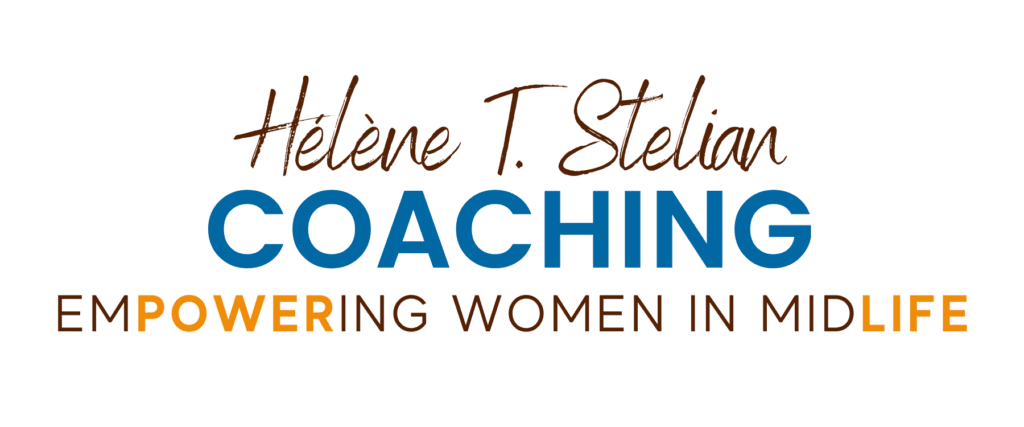

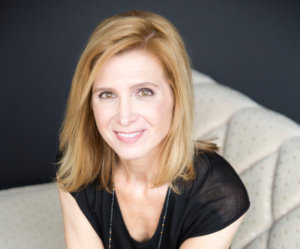
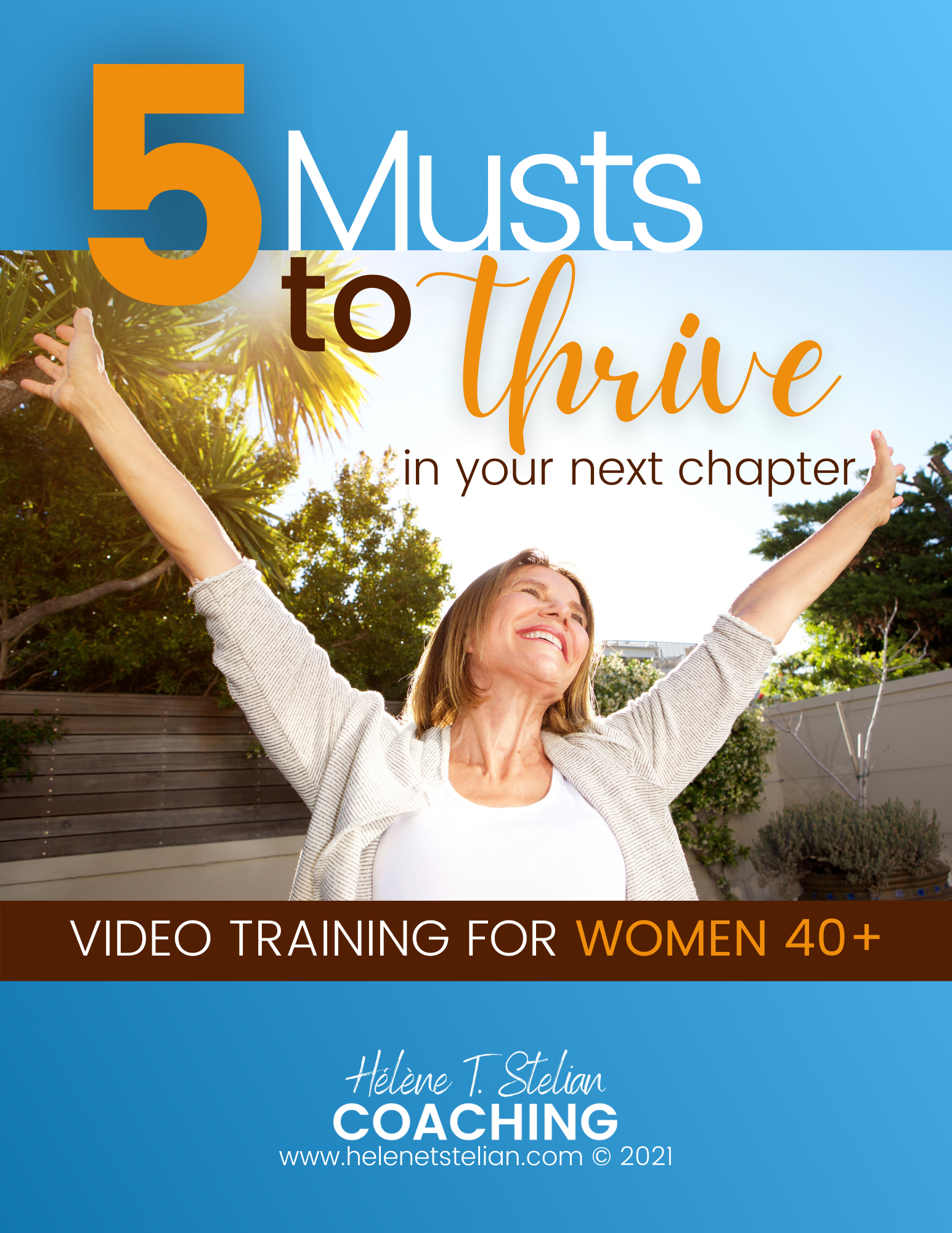



0 Comments